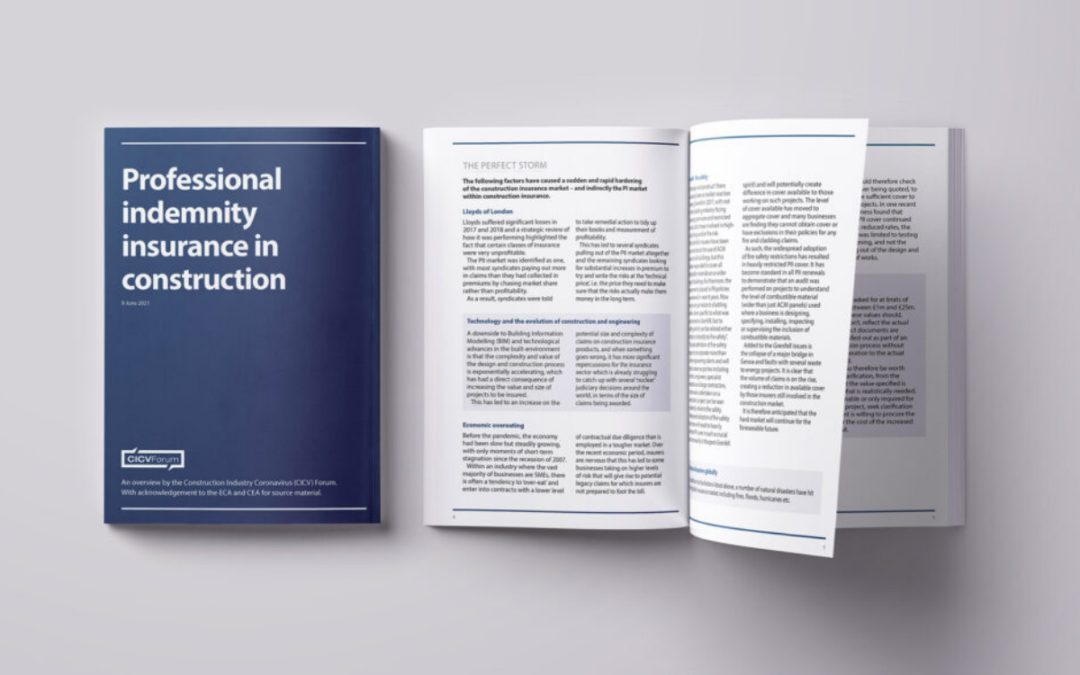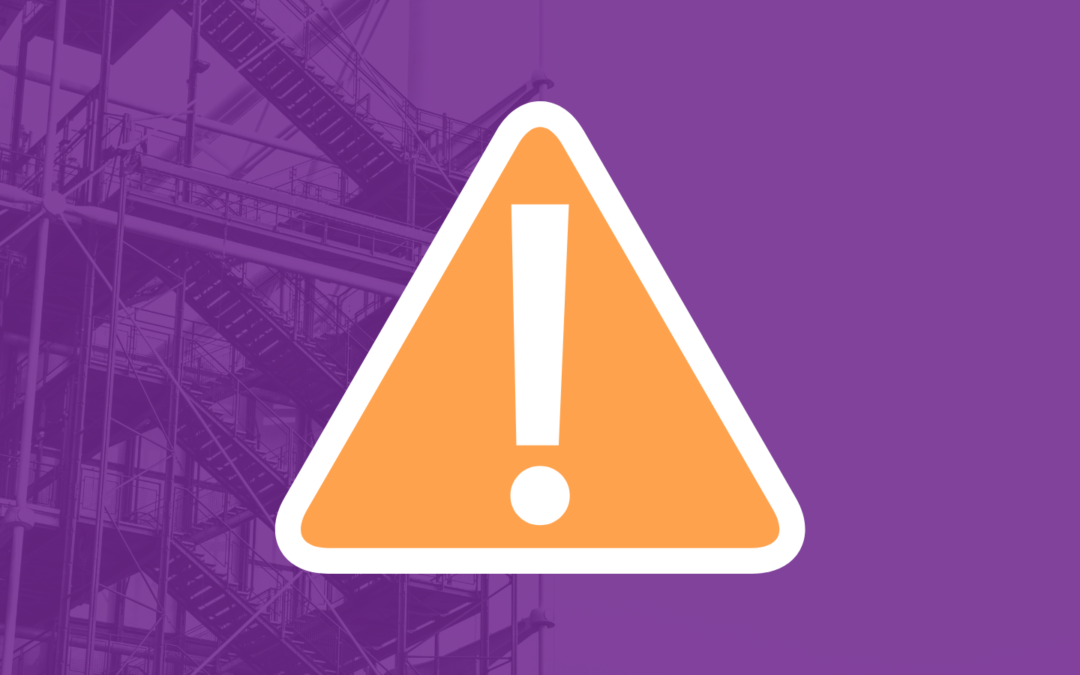
CIVC Forum guide offers advice on professional indemnity insurance
The easy-to-understand downloadable document, produced by the Forum’s unique collaboration of trade associations, professional bodies, companies and individuals, outlines the state of the insurance market, the precautions firms should take and the pitfalls they face.
And it warns that over the last 18 months or so, a variety of reasons have seen the cost of PII increase hugely while businesses have often suffered reductions in the scope of cover.
The free guide, which will be invaluable in a febrile market, offers advice on subjects ranging from extending liability to contractual liability, the nature of PII cover, insurance limits, obligations under ancillary documents and risk management.
Alan Wilson, CICV Forum Chair and Managing Director of electrical trade association SELECT, said:
“PII is a necessary tool for protecting business owners who provide a service or give advice if a client claims a service is inadequate.
“Until the past few years, the construction insurance market has been soft, in that there has been plenty of capacity leading to broad coverage and premium reductions driven by competing insurers.
“The market has now become very hard with the consequence that premium rates have increased, cover has been restricted and, indeed, several insurers have left the market altogether.”
The guide explains that market attitudes have changed following a number of incidents, including:
- A review of unprofitable insurance classes by Lloyds of London
- Advances in the size and complexity of the design and construction process
- Over-eating, or businesses taking on higher levels of risk
- The effects of the Grenfell tragedy, and
- A series of natural disasters globally.
Len Bunton, construction consultant and co-Chair of the Forum’s Pipeline and Commercial Sub-Group, said:
“The issue of PII appears to be a potentially massive problem for the industry. This guide therefore outlines the nature and likelihood of liability and looks at how businesses can manage their risks by identifying them, evaluating their impact and taking steps to control them.
“It offers advice on negotiating with insurers and stresses that full disclosure of risk is vital, despite the onus placed on underwriters by the Insurance Act of 2015 to ask the relevant questions of a business.
“Demonstrating that you have a solid risk management culture, robust financial resources and controls, as well as providing insurers with proof and documentation of risk mitigation, internal practices, cashflow and profit margins, will all help lower premiums.”
Formed in March 2020, the Forum is now made up of 29 leading trade associations, professional services bodies and companies.
Since its inception, it has maintained a steady supply of information and practical advice to the sector as well as carrying out surveys, hosting webinars and holding regular discussions with the Scottish Government.
The Forum’s most recent event was a political hustings in April, during which Scottish Parliamentary candidates from the five main political parties debated the major issues facing today’s construction industry.
- Download the document here.
Business Management Toolkit
Access a range of resources to support your business




